By Vox Civis
What a difference a week can make in Sri Lanka’s fast-evolving political landscape; a theatre that never fails to serve both controversy and entertainment to the masses. At times, the sudden turn of events elevates politicians to iconic status and at others, they inflict wounds so deep that careers and sometimes entire parties collapse into irrelevance. The country’s political history is littered with such examples: once-dominant parties reduced to shadows of their former selves, leaders who fell from grace in spectacular fashion and institutions that never recovered from scandal.
Up until last week, there was one party that seemed immune to this fate, the Janatha Vimukthi Peramuna (JVP) and its modern reincarnation, the National People’s Power (NPP). For decades, they thrived not by being flawless, but by capitalising on the failures of others. Their carefully nurtured image as the uncompromising voice of the poor and downtrodden allowed them to reap dividends as the ‘untainted one.’
But that status is now undergoing a rapid and dramatic transformation. The JVP/NPP for the first time, is being forced to answer the same uncomfortable questions it once hurled at others with righteous fury. Its carefully curated image of leaders in rolled-up sleeves, sipping tea at roadside kiosks, eating humble rice packets wrapped in newspaper, professing poverty and sacrifice lies shattered in a matter of just a few days.
Party of the poor?
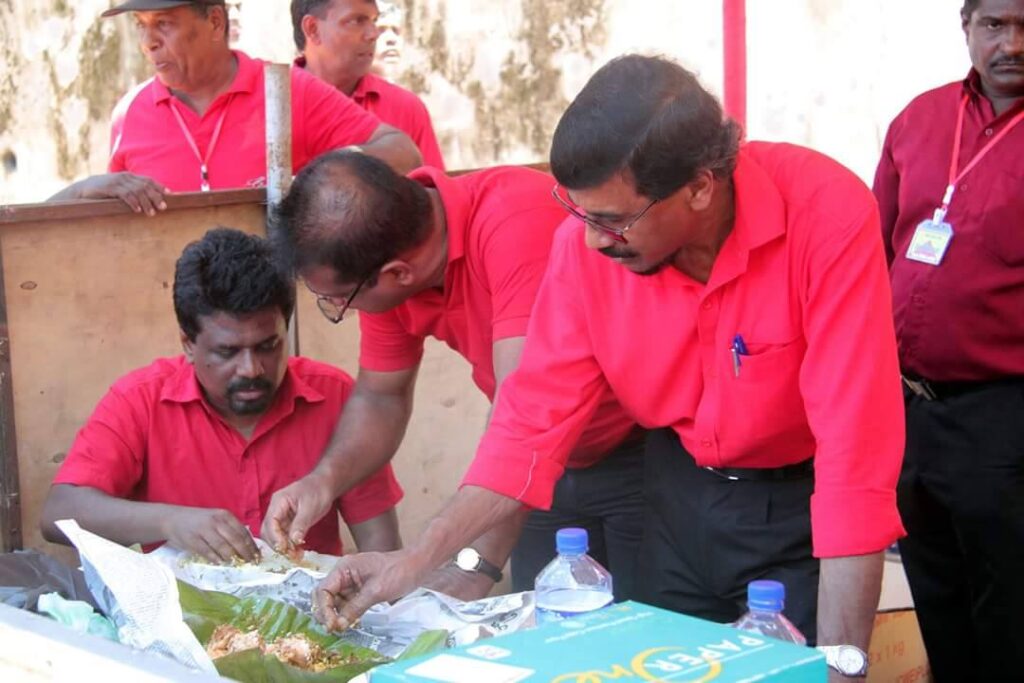
For decades, the JVP/NPP wore its Marxist-Leninist-inspired identity as a badge of honour. It presented itself as the party of the poor; of workers, farmers and the forgotten millions. Their message was simple but powerful: every other party represented the elite, a parasitic class of politicians who fattened themselves on public funds while ordinary people struggled.
To reinforce this identity, the party choreographed optics with precision. There were the photo shoots of leaders at roadside tea boutiques, the media interviews about how they couldn’t afford new clothes, the anecdotes of borrowing shirts or underwear from friends, the public declarations of a life lived hand-to-mouth. One current Minister, in a pre-election rally in the Eastern Province even told the crowd he was embarrassed to hang his underwear to dry because it was full of holes. The audience, many of whom related to such situations in their daily lives, responded with sympathy and admiration. People were made to understand that these leaders understood their suffering because they too were in the same predicament.
That perception was no small part of the reason why the NPP swept into parliament with a commanding two-thirds majority at the last election. Millions of ballots were cast not for abstract policies, but for the belief that this party was different: that it would govern with integrity and humility because its leaders shared the same background as the poor themselves.
A mere illusion
That illusion has now been shattered. The mandatory asset declarations of Members of Parliament, recently published by the Commission to Investigate Allegations of Bribery or Corruption, revealed the staggering truth that those very Ministers who had pleaded poverty before the people and in fact benefitted from the people’s generosity, were in fact millionaires.
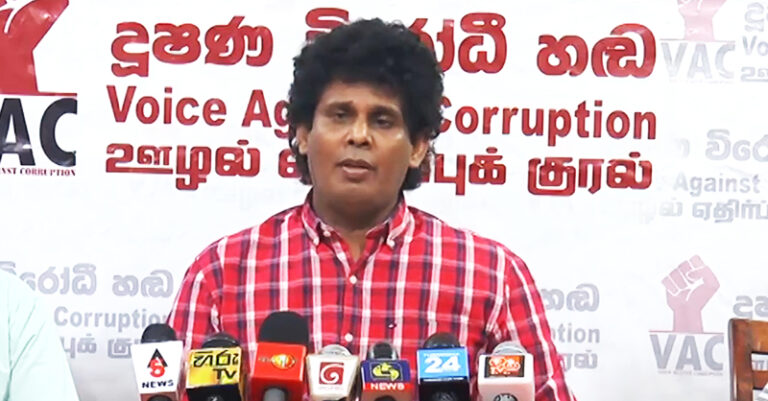
The Minister in the eye of the storm, who all this time said he lived off the kindness of villagers supplying his rice, coconuts, bananas and even petrol, now stands exposed as a man of substantial wealth: his declared assets exceeding an eye popping Rs. 270 million.
Even more damning are the contradictions. In not-so-old media interviews now circulating widely on social media, this Minister details how he “did business on trains” – the transport mode of the poor, worked as a security guard and bank clerk merely to survive. Today, that same individual is claiming that his multimillion-rupee fortune came from ancestral inheritance and hard work as a tuition teacher in his village. The irony of it being that back in Colombo, he railed against private, fee levying education from every street corner.
Another prominent Minister had declared the value of his vehicle as Rs. 160,000, an amount that barely covers the cost of a set of tyres, let alone the actual vehicle. Needless to say, such glaring inconsistencies have fuelled widespread suspicion if not downright indignation. One can only imagine the anger of those who could barely fend for themselves, but yet generously gave of their produce like rice, coconuts, vegetables and fruits to those who were in fact closet millionaires.
The JVP/NPP has long thrived on pointing fingers at others, branding wealth as synonymous with corruption. Yet when confronted with their own riches, their defence has been clumsy at best, hypocritical at worst. Some claim inheritance, others claim savings, still others deflect entirely. The result is a cacophony of mixed messaging that has only deepened public distrust.
Media polarization
Equally disturbing is the polarisation of the media. Out of Sri Lanka’s many media houses, only a handful took on the subject of the ministerial asset revelations while the rest continue to maintain a deafening silence. This is ironic, considering that many of these institutions once campaigned relentlessly for transparency including asset declaration during previous administrations. Needless to say, such selective outrage is toxic to democracy. It not only shields those in power from accountability but also erodes the public’s faith in the media.
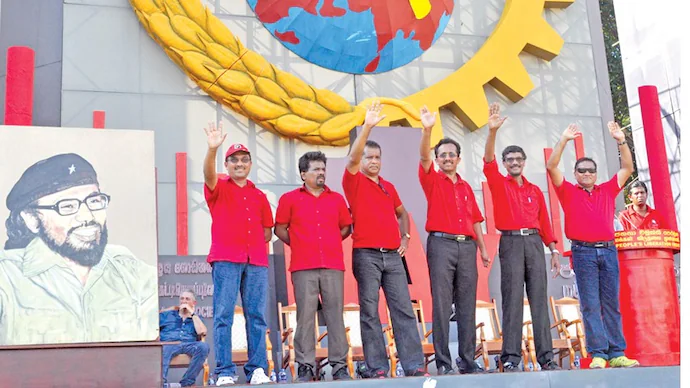
At the heart of this scandal lies not wealth itself, but deception. The people of Sri Lanka are not naive: they do not begrudge someone for inheriting property, running a business or even being wealthy. What they cannot forgive, however, is being maliciously misled. The JVP/NPP sold a narrative of poverty, sacrifice and solidarity with the oppressed. If, as the asset declarations suggest, some of its leaders were in fact millionaires all along, then it has to be assumed that they deliberately donned the mask of deception in order to secure votes. They openly admit to having accepted food, fuel, clothing and other donations from poor villagers while sitting on personal fortunes. In essence, it is the poor that has been subsidising the millionaires and their wrath at the revelation is palpable. In the court of public opinion, that is unlikely to bring about a favourable outcome as far as the regime is concerned.
The questions that most people are asking these days are, if some of these ministers were indeed wealthy before being elected, why did they pretend otherwise? Then again, if their wealth is inherited, what role has it played in uplifting the communities they claim to represent? Have they paid taxes proportionate to their assets? These questions cannot be brushed aside with vague statements for the simple reason that they go to the very core of the NPP’s claim to moral authority.
Crisis of identity
For all intents and purposes, the JVP/NPP appears to have chosen to kick the ladder that helped it get to the top. The party’s identity has been anchored on its image as the uncompromising voice of the poor. It was a party that demanded its members sacrifice personal ambition for collective struggle. Today, that image is in tatters. Party faithful who once gave from their hearts believing they were helping struggling comrades now feel cheated.
People have begun to realise that all along it should have been the other way around: the wealthy leaders should have been helping them and not vice versa. The party will now have to focus all its energy on preventing disillusionment not just among the public, but within its own ranks if it is to weather the storm. It will also be forced to recalibrate its engagement with the public with a new outlook where the roles will have to be reversed.
What must be clearly understood is the fact that no one is outraged that certain NPP leaders are wealthy. The outrage stems from the fact that they deliberately concealed it, staged poverty and built a political empire on the backs of those who genuinely struggled to survive. Deception, once exposed, carries a heavy price. History is merciless to those who betray trust. If the NPP does not address this crisis with honesty, transparency and humility, it risks becoming just another chapter in Sri Lanka’s long history of political betrayals.
The way forward
It is now up to the relevant authorities to do their job without fear or favour. The authorities must not only investigate the assets declared but also the timeline of their accumulation, taxes paid and if there has been undervaluation and understatement.
The NPP has no choice but to face its own hypocrisy. If it continues to preach poverty while living in wealth, it will not survive the wrath of disillusioned voters. The party must either reconcile its socialist rhetoric with the reality of its leaders’ lifestyles or abandon the pretense altogether. Sri Lanka has endured many political betrayals. But the betrayal of trust by those who claimed to be the last hope of the oppressed carries a particularly bitter taste.
For the JVP/NPP, the mask has slipped and the people have seen what lies beneath. Whether the party survives this moment will depend on its ability to firefight and its willingness to confront reality. In the end, politics is not about rice packets, worn-out underwear or choreographed humility. It is about trust. Once broken, it is almost impossible to regain.

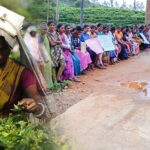
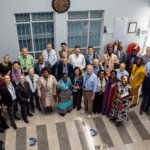
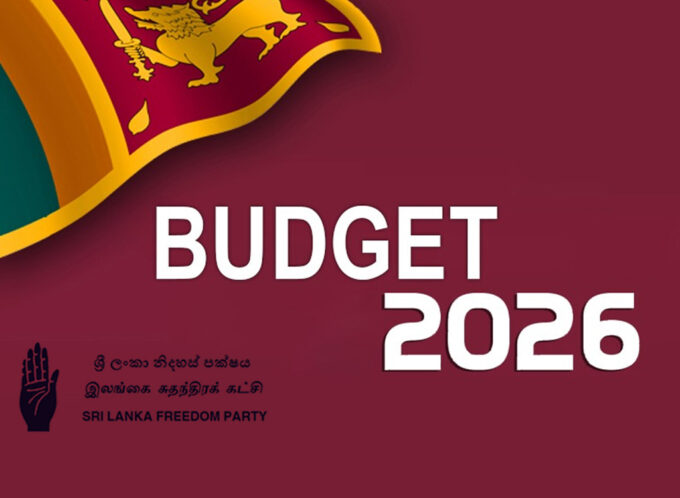
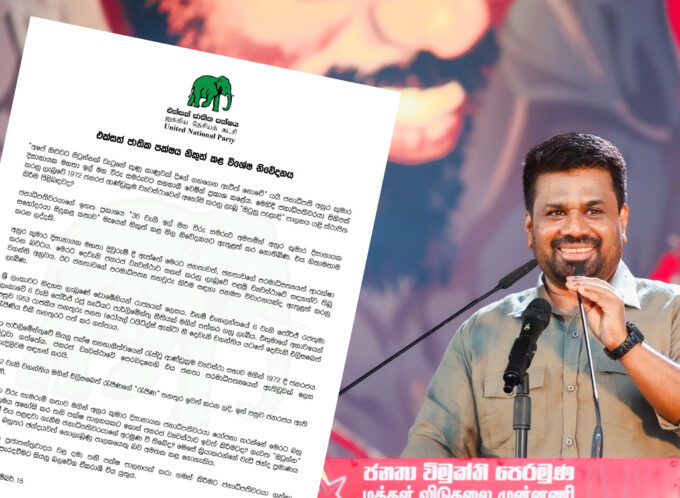
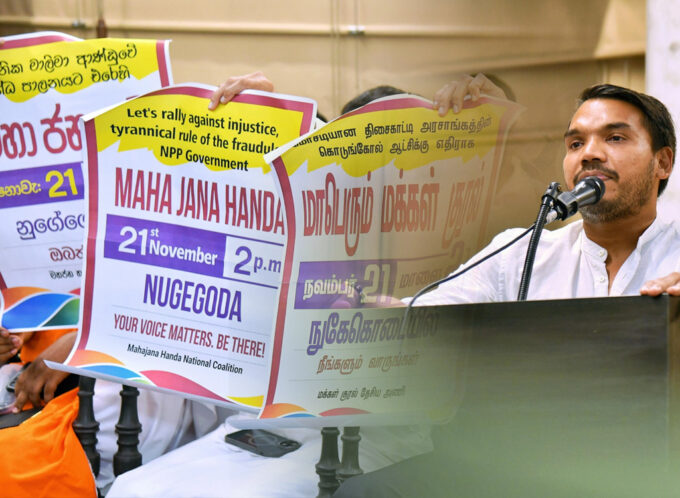
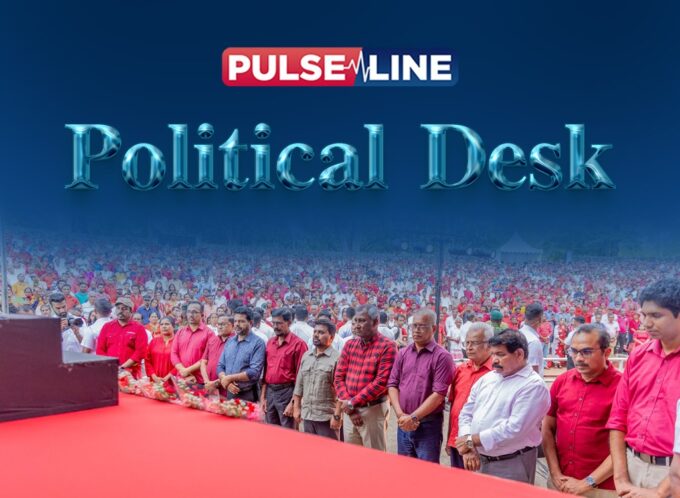


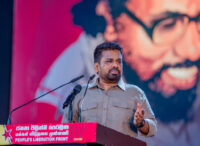
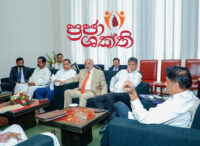
Leave a comment